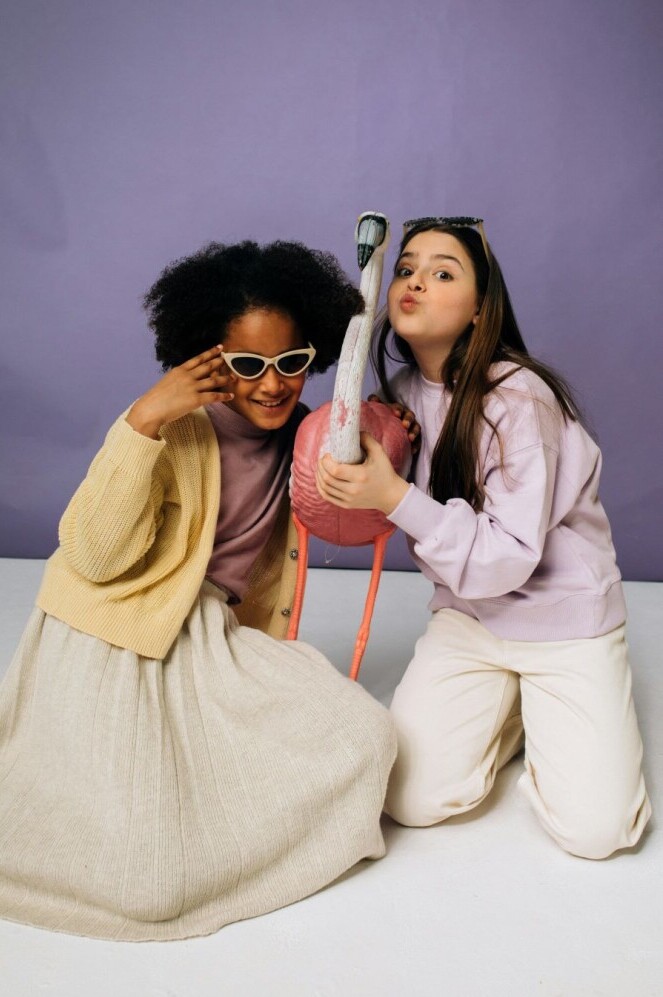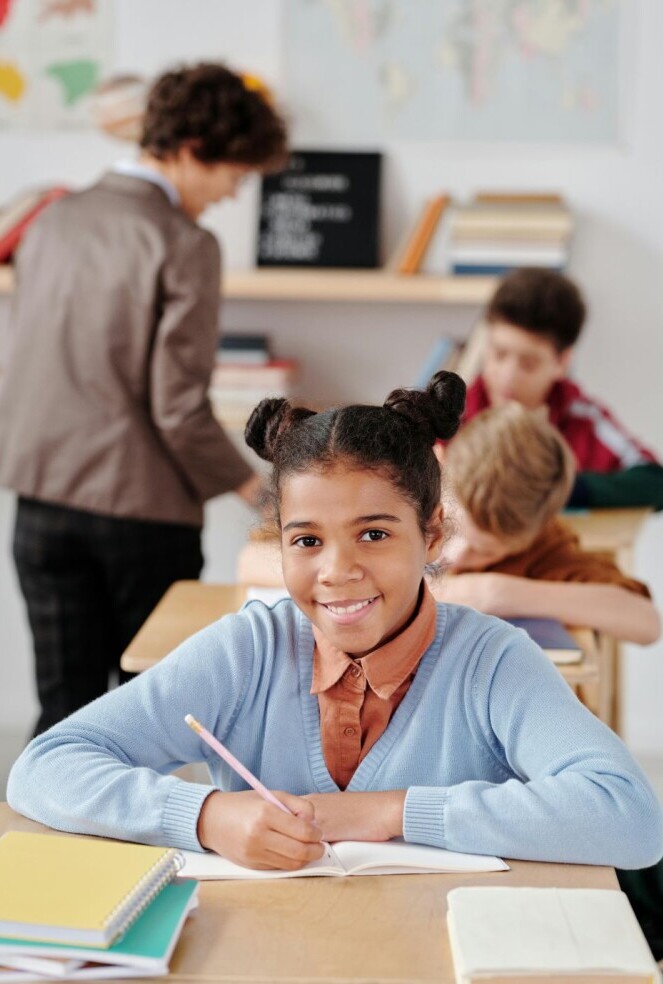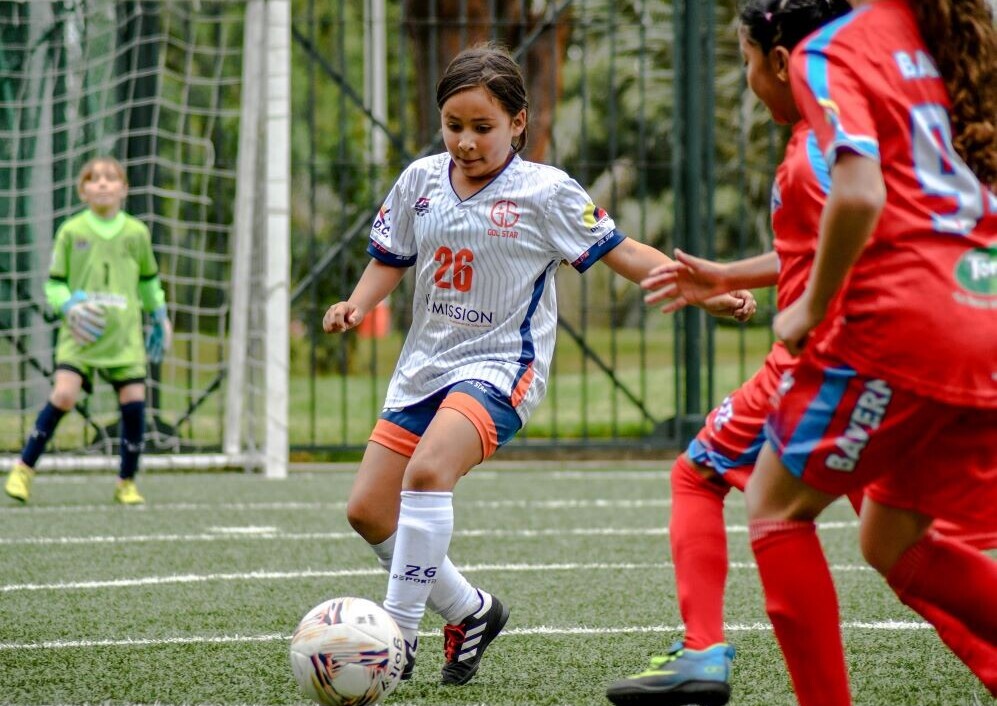 Autonomy in Child Development
Autonomy in Child Development
These years that immediately precede the teen years are ones in which your child will be exploring many different interests. Education has recommended an exploration of many different interests rather than a focus on one. If your child demonstrates exceptional talent in one area, support this talent but encourage your child to experience other interests as well. Your child’s personality will also be developing and becoming more of a factor in your interactions with her. Your recognition of your child as a distinct person different from you will be important in your interactions with him. Interactions with you child will often require negotiation; these interactions communicate to your child that you recognize and respect her as an individual person. Such recognition will reduce conflict with your child.
 Cognitive Developmental Milestones
Cognitive Developmental Milestones
Our lives are filled with technology, so your child has probably been using many devices from an early age. However, her ability to use this technology will become much more proficient. Your child’s brain is beginning to integrate skills from all the different areas (social, language, emotional, and motor). This integration makes it possible for your child to interact with his world in more complex ways. You will see your child’s skill expand with communication devices, such as smartphones, tablets, computers, and game stations. In the home, the kitchen is filled with interesting devices for processing food. The natural cognitive development between nine and eleven years makes these years a good time for your child to explore cooking. This skill will be useful in his adult life development. A major cognitive skill underlying all these developments is your child’s attention span. You will notice your child maintaining focused attention for movies and conversations. This increased attention span means your child is remembering more information. Rather than individual actions, your child is beginning to remember episodes of actions. Thus, he may begin to write and tell stories. When asked what he did on an outing, he will tell you about several events with details included.
 Social/Emotional Milestones
Social/Emotional Milestones
Social and emotional development is probably the most obvious changes in your child at this age. One very important development is your child’s ability to see things from the perspective of another person. With this change, your child begins to understand her interests are not the only ones to be considered. Your child will begin to understand the importance of considering the needs and desires of other people. She is no longer the center of her universe. But with this larger social perspective will come the influence of his peer group. Your desires as a parent are not the only ones she now considers. Her friends have expectations for her as well as you, and those expectations of her friends may conflict with those you have for her. This development in perspective taking increases the complexity of your job as a parent. Open communication between you and your child is the solution to this problem. You need to show your child that you respect her opinions. This means that you will need to let your child experience the natural consequences of some of her decisions. Experiencing the natural consequences of her own decisions is part of the learning process of development. However, it is your job as a parent to make sure these consequences are not harmful.
An important emotional development will be your child’s acquisition of a best friend. Your child has had friends, but this new friend is a special friend. With a special friend comes more emotional intimacy. This is a major development for your child. A caring experience with a best friend will give your child a strong emotional foundation for intimate relationships as he develops. Support this relationship of your child and help him understand his feeling toward this best friend. It is here that a relationship with you in which your child feels safe will be important.
 Language Developmental Milestones
Language Developmental Milestones
Your child’s language development during the next three years will be important for her academic skill development. She will be able to take short notes and follow written instructions, Because your child’s attention span has increased, he will be able to plan and give a speech. Planning of the speech will be based upon her ability to make inferences from written information. Thus, if in a story your child reads that the character heard thunder, she will be able to conclude that rain and lightening will likely occur. Your child is now experiencing her life in larger chunks. He will no longer be simply listening to people’s talk and will have opinions about what he hears. Thus, when communicating with your child, you will have to take into consideration her opinions about matters. Discussions with your child about daily events gives you opportunities to teach her how to think about events in her life. For example, your child will likely take for true things she hears that may not be true. You can teach her to question things she hears.
In her listening, your child will be more discriminative. She will listen with information she has previously learned. Thus, the information he hears has to be consistent with the information he has. From now on what your child already knows will be part of your conversations with her. She will have expectations about what is said, and what is said will need to be consistent with what she already knows. This is much different from earlier years when your child merely took in information and believed it. Communication with your child was much simpler then. His thinking has more dimensions now. In his academic skills, these added dimensions will be seen in his ability to write about specific topics.
 Movement/Physical Developmental Milestones
Movement/Physical Developmental Milestones
The development of both your child’s motor and social skills will be seen in his interest in sports. Your child has now learned to follow rules and has become interested in those of her own age. Organized sports provides your child opportunities to develop her self-confidence and learn to interact with her peers in a controlled and supervised environment. Thus, sports has much to offer you as a parent. It also offers your child a motivating environment to develop specific motor skills. You will notice your child quickly learning skills in sports. This rapid learning is the contribution of natural development of the brain. This is a powerful learning force and only occurs in these childhood years.